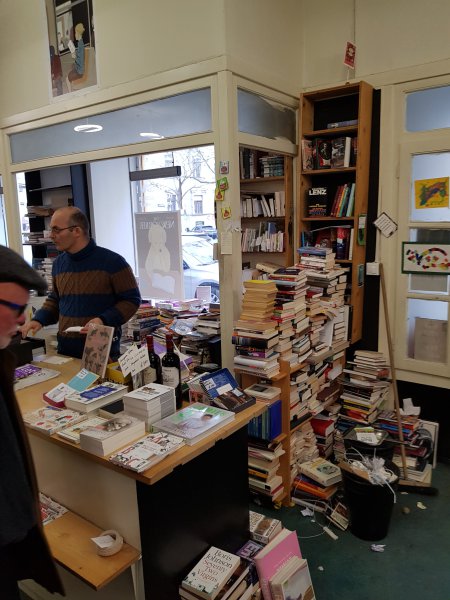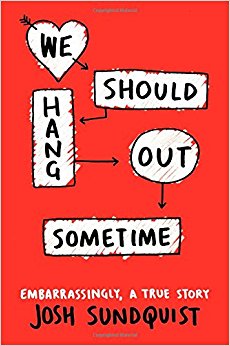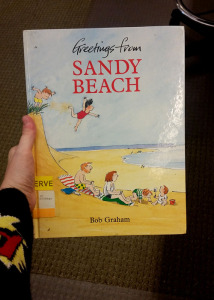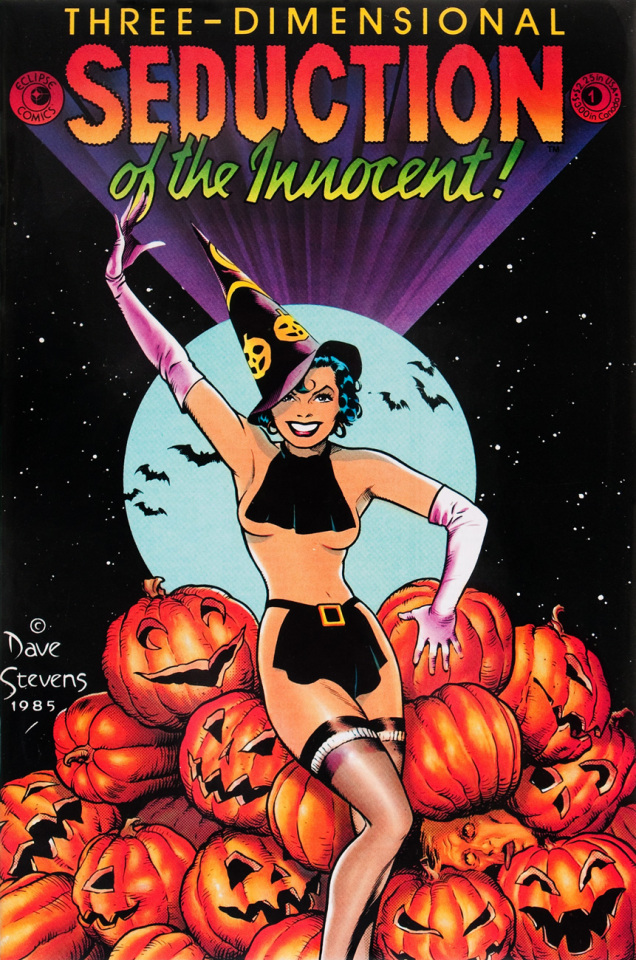
This is a short note regarding, once again, after this post, the Han Kang / Deborah Smith debate. I’m writing this directly into the CMS so excuse any infelicities or oddities beyond the usual.
I do not necessarily wish to re-open the discussion about translation. I’ve had many frustrating, mind-numbing discussions with people on the topic. I’ve heard all kinds of terrible arguments. The most recent text about it, a poetically written article in le New Yorker, is interesting in that it doesn’t really try to defend the indefensible, despite praising, overall, the way Smith and Han Kang deal with translation.
The author in the New Yorker, Jiayang Fan, says at some point, “This isn’t what’s normally meant by translation.” – and she’s right. And for all I care the debate can end here. That is not what we mean when we say translation. And Han Kang’s English books, seeing as they can indeed best be described as a “collaborative work,” should have Deborah Smith’s name on the cover. I have no problems with invasive translations if they are marked as such. Look. I have two volumes of translations by Paul Celan on the shelf. They are some of my most cherished books. Celan was a linguistic marvel. BUT all of the poems read as if they had been written or edited by Celan. They are, to a very large extent, Celan poems, not poems by Mandelstam. It’s not subtle: I have two slim German volumes of Ungaretti’s poems here, one with Celan’s renditions, one with Bachmann’s. You can immediately point out which are Celan’s. It’s incredibly clear and obvious.
Look, for someone of little talent and skill like me who speaks too few languages, who travels little, lives in the country he grew up in etc., translations are necessary and at the same time a matter of trust. I trust you, translator, to render for me the work of a writer who I cannot read in his own words. And sometimes this involves overlooking some obvious issues. I adore Megan McDowell’s translations. And not because she’s such a transcendent translator: most of my adoration stems from the fact that the books she picked for translation are so good. I can see the original shine through in weird spots, but that’s fine. I trust Megan McDowell to give me the book as best she can. That’s “what’s normally meant by translation.”
Jiayan Fan, in her New Yorker article, also says “the latitude of Robert Lowell’s poetic “imitations” comes to mind.” – and that’s entirely accurate. I have written about that book of Lowell’s, and smarter people than me have pointed to its many many issues. Among the problems is that sometimes, Lowell was just re-mixing older translations. Sometimes he would translate texts from languages he didn’t speak in the first place. That is, indeed, not “what’s normally meant by translation.” And I admire Lowell’s Imitations. I think it’s one of his best books. However, none of these translations should be given to someone interested in, Say, Osip Mandelstam.
Earlier in the same article, the author dismisses Charse Yun’s careful criticism by saying that the things he notes are peripheral. They are not “the questions at the heart of Han’s work.” – Indeed, the debate about Deborah Smith’s translations goes to the heart of what we believe literature is. If we think literature is a message, some deeper content that can be paraphrased any which way, where the actual shape and color of the prose is merely incidental, then yes, maybe these are good translations. But if we think literature is made of words and words matter, then, fuck no. All translations are imperfect in some way, and to be honest, I don’t entirely believe in the translatability of poetry in the strict sense at all. But translators – we, or let’s say, I, trust them with doing their best to do this.
The article by Jiayan Fan suggests that, eh, the actual words on the page – not so important. What counts are the deeper questions and issues. The “greater fidelity” to what Han Kang has to say, not the measly detail of how she says it. It’s not an uncommon attitude. I have seen very popular short stories praised recently that were horrifically written as prose, but praised as “well written” – a statement that, upon reflection, referred to structure and the verisimilitude of the events depicted. But I, personally, don’t share that attitude. I don’t understand how anyone interested in literature can share that attitude, but I accept that I may be in the minority here. That is, I think, the basic difference and the bottom line here. That is why discussions on the topic have been so frustrating for me. I can accept that many people disagree.
***
And that would be all I have to say about the New Yorker article and the situation overall, but I have two remarks to add. Bug-bears if you will. One is every single review that discusses Han Kang’s “style” in English. I don’t care whether you believe the words matter (and thus we get Deborah Smith’s intense distortion of Kang) or whether you think the “deeper questions” matter (and thus we get “a greater fidelity” (to quote Smith)). Let’s be clear: under no circumstances are you getting Han Kang’s style or an approximation of it. The difference between the two positions doesn’t touch this question. The facts as raised by Charse Yun are clear. The difference between me and the millions of fans and defenders of the Kang/Smith collaborations is that they think it’s irrelevant. If you claim you’re getting Han Kang’s style you’re wrong.
The same goes for the idea that maybe Deborah Smith is a better translator in her newer books, less invasive, producing more of “what’s usually meant by translation.” This should be incredibly easy to test. Charse Yun makes clear claims: “Han’s sentences are spare and quiet, sometimes ending in fragments. In contrast, Smith uses a high, formal style with lyrical flourishes. As one critic noted, the translation has a “nineteenth-century ring” to it, reminiscent of Chekhov.” Look at the new translations. Has the style of the books changed? Is it more sparse now? Are the lyrical flourishes gone? I looked at the more recent translations and the answer is: no. And that should be immediately clear to any reader. I am honestly baffled by this suggestion of her maybe having changed her ways. It’s testable. There’s no need to throw up your hands and say “maybe!” GOOD LORD.
I’m sorry if this ran a bit long. Forgive me. This is not a theoretical essay, though I may have a draft of one lying around somewhere (focusing more on this aspect). This is just me sitting here being a bit upset. The best book on translation I have personally read, by the way, makes a case for translation as inspired deviance. I am not per se critical of that position. I guess I am writing as someone depending on that trust, that unspoken contract between me and the translator.
Advertisements Share this:




